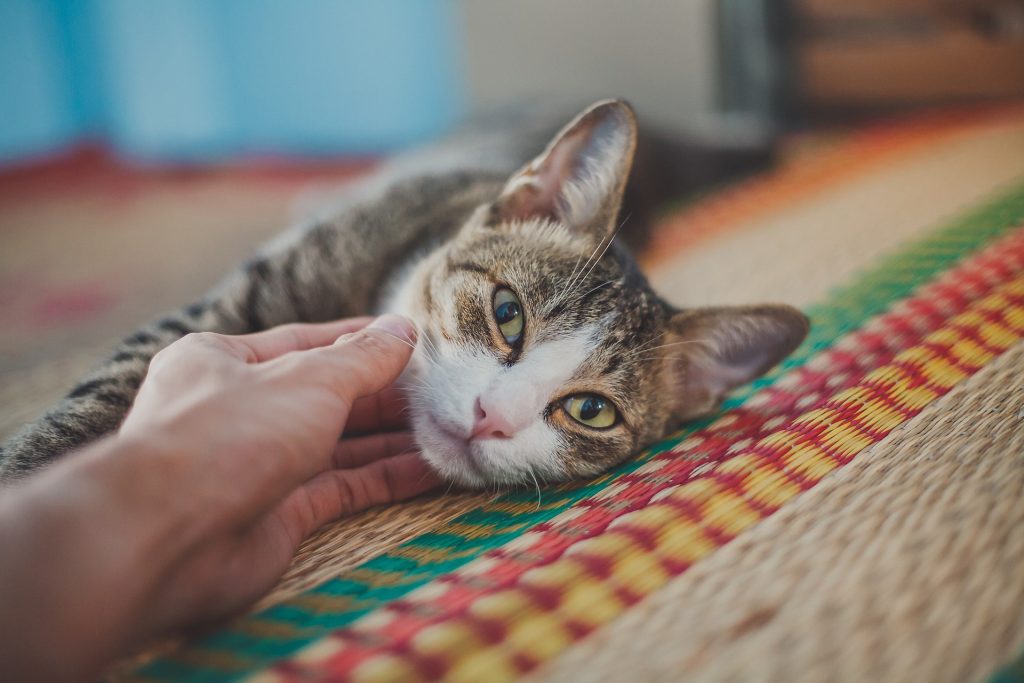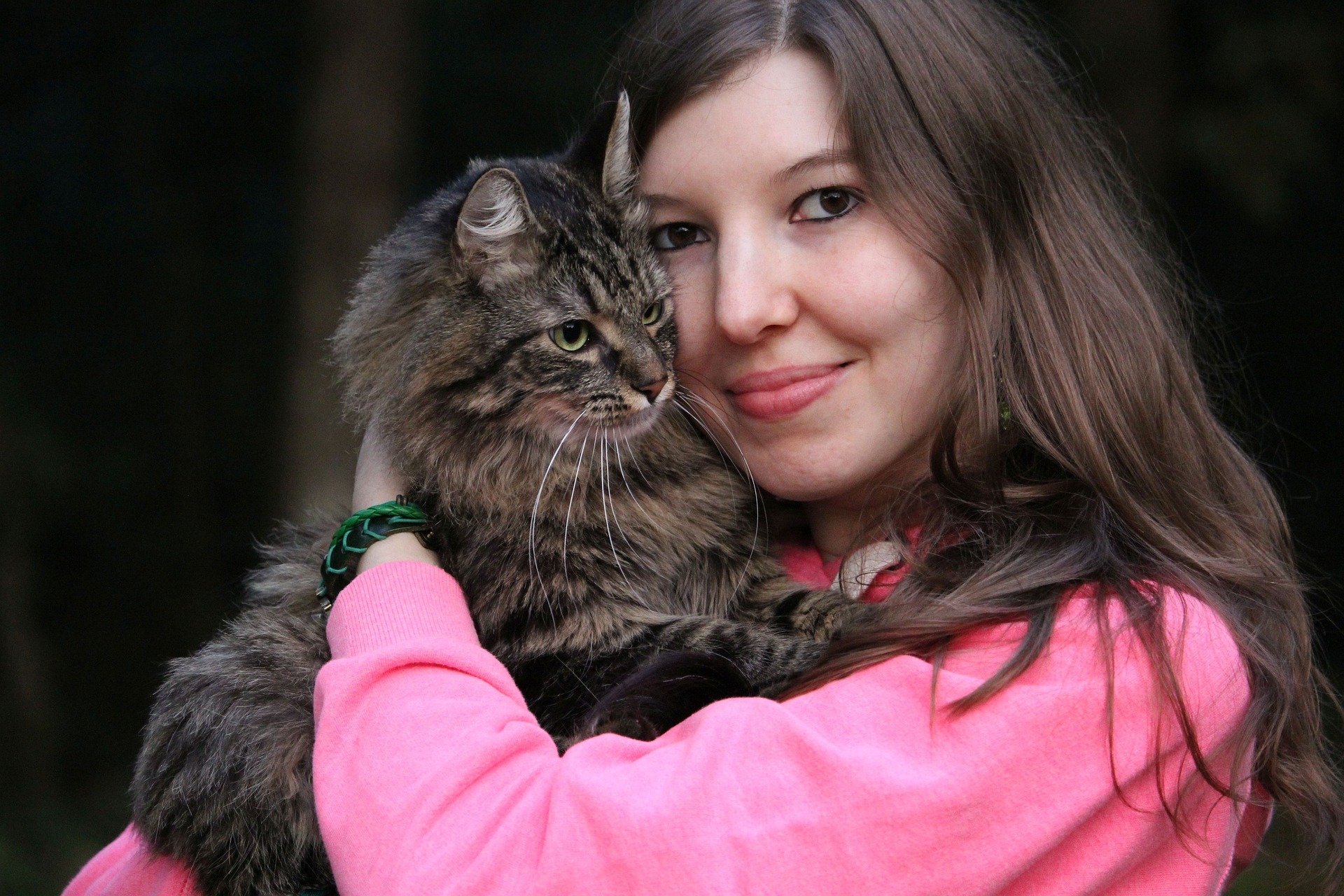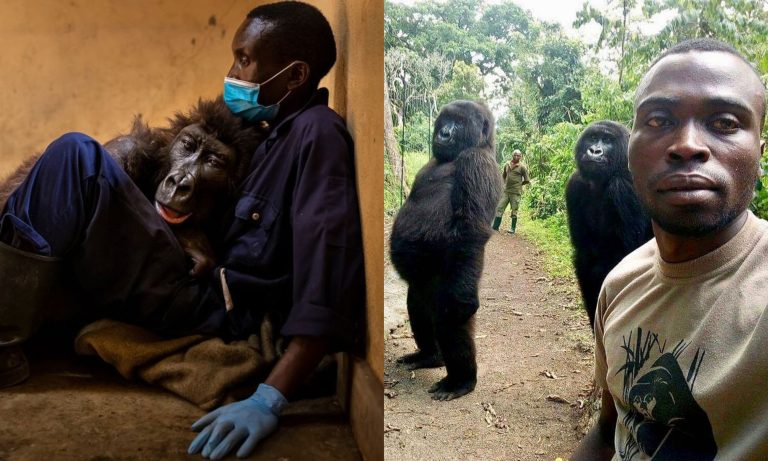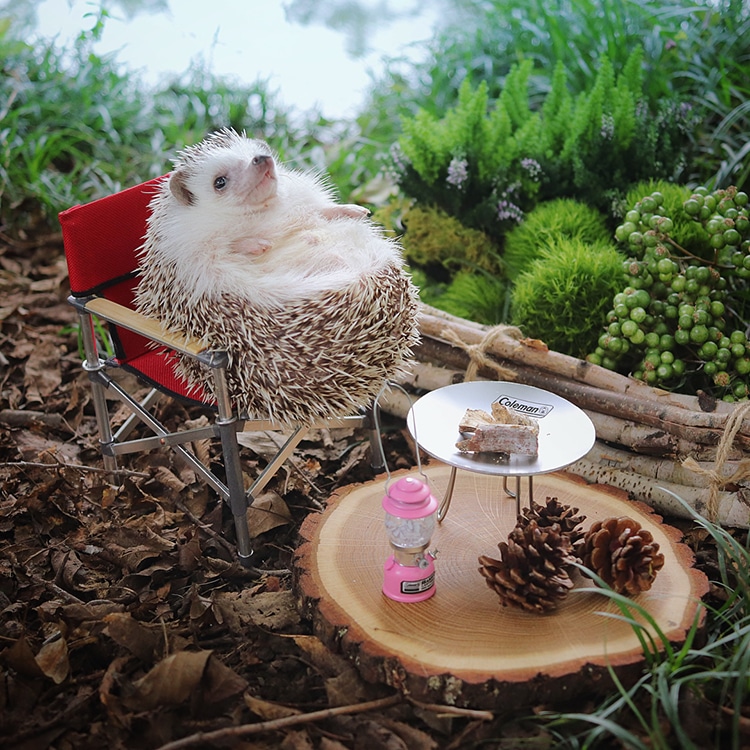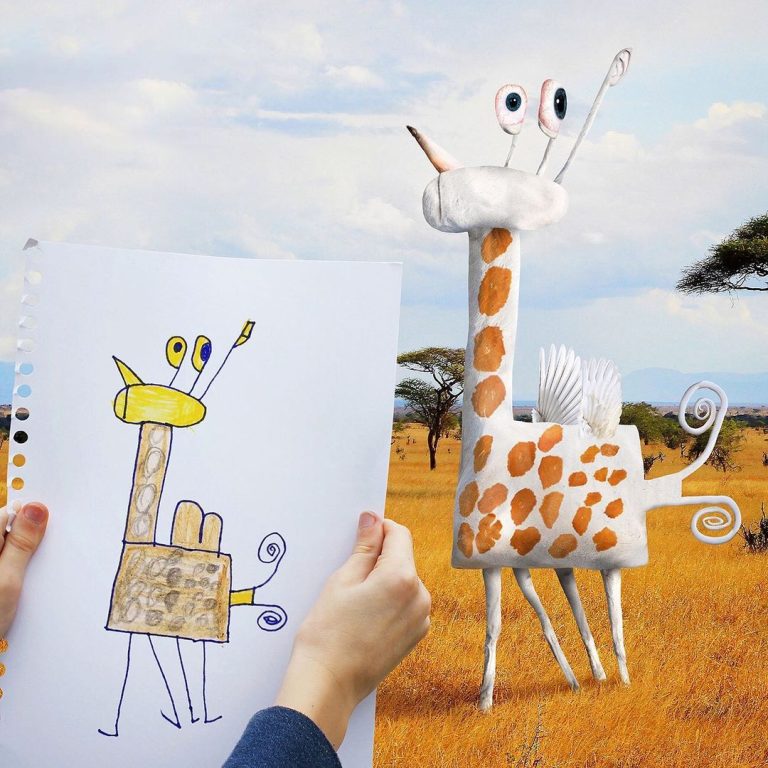5 Types of Cats. Which One Is Your Cat?
Most people have the misconception that cats only have one personality type. While some cats may be friendlier than others, they all have the same fundamental characteristics.
The actual outcome is negative. Researchers have identified five distinct personality types and features among cats. Read on to learn more about each of these personality types and choose which one best describes your cat.
READ MORE: How to gives gift to little children’s animals Drawings, from their dad
It’s important to keep in mind, too, that much like people, cats’ personalities could not easily be categorized. Don’t try to shoehorn your cat into a predetermined category if they don’t naturally inhabit it; they may be a hybrid of traits from several different types.
Dr. Lauren Finka of the University of Lincoln in England did a lot of work developing the many varieties of cat personalities. Dr. Finka interviewed 200 cat owners and used their responses to categorize their feline friends into the following categories.
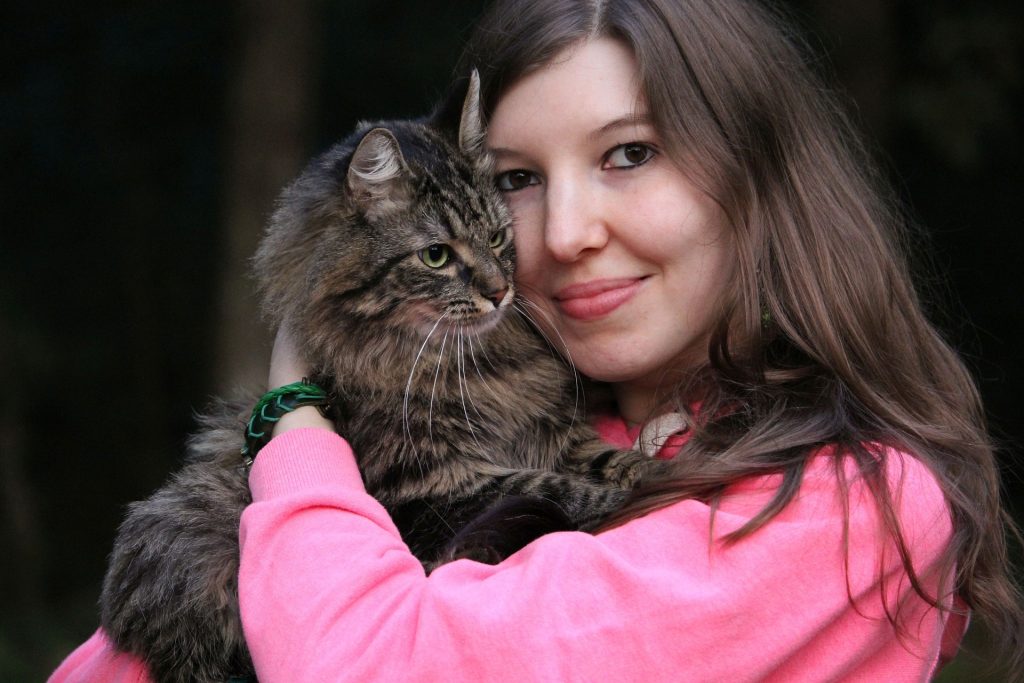
The Human Cat
This feline has learned to live peacefully in human company. They are friendly and loving and seem to be doing OK in life. This cat will willingly spend time with you without being aggressive or violent, making it the “perfect” pet.
Nevertheless, this increases the risk that your human-cat may have separation anxiety and won’t appreciate sharing you with other animals.
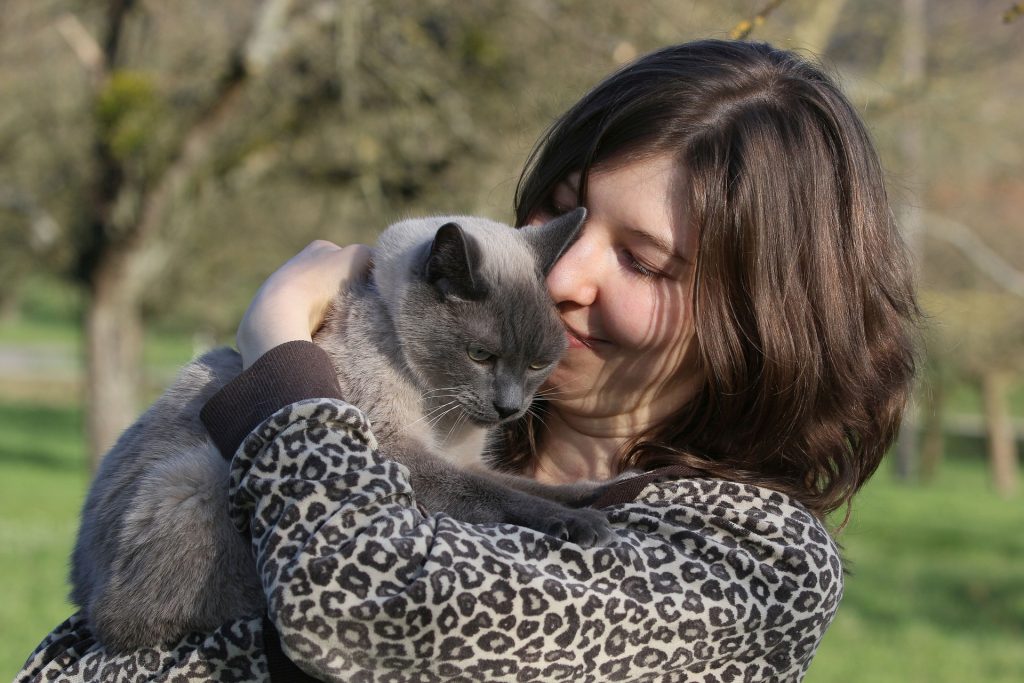
The Cantankerous Cat
It’s the polar opposite of a human being. The cantankerous cat is not a feral animal, but it does not enjoy being picked up, petted, or otherwise interacted with (short of being fed and given treats, of course). These pets are typically nervous and skittish, and they may never learn to trust you completely.
Cats with bad attitudes may not be cuddly, but they are also not dependent on their owners. In addition, the value of any affection your grumpy cat finally decides to show you will much exceed that of any human cat.
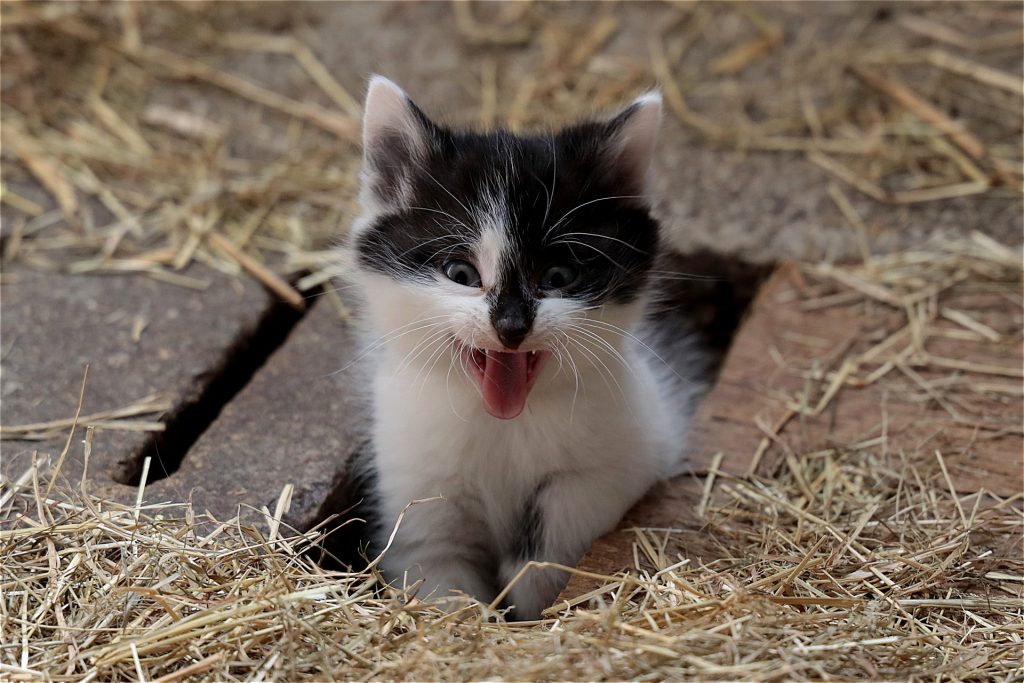
The Cat’s Cat
These cats are extremely social, spending the majority of their time grooming, playing, and cuddling with other cats.
Although a cat may have a soft spot for humans, it is more likely to enjoy the company of its feline peers. They thrive in homes with other cats and can develop depression if they are the only pet in the house
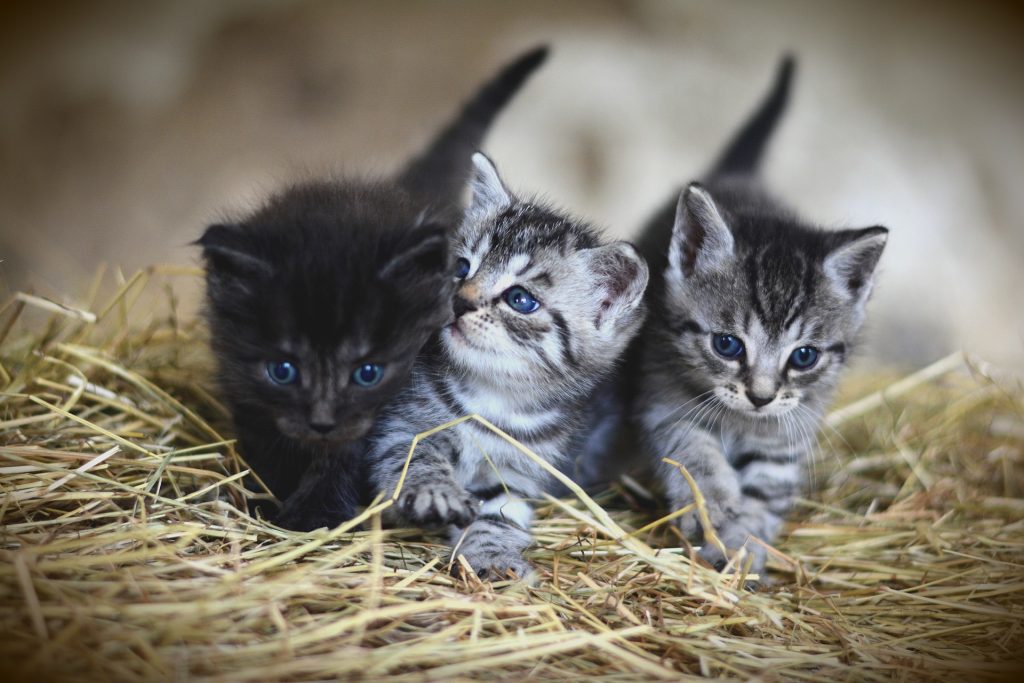
The Hunter Cat
The closest comparison to a feral cat is this character trait. Hunter cats typically spend the majority of their time hunting, typically mice or mouse-like toys. They spend most of their waking hours catching food because they don’t seem to understand that you’ll be providing all of their meals for free.
A hunter cat might tolerate being petted, but it’s more likely to be motivated by the prospect of a kill.
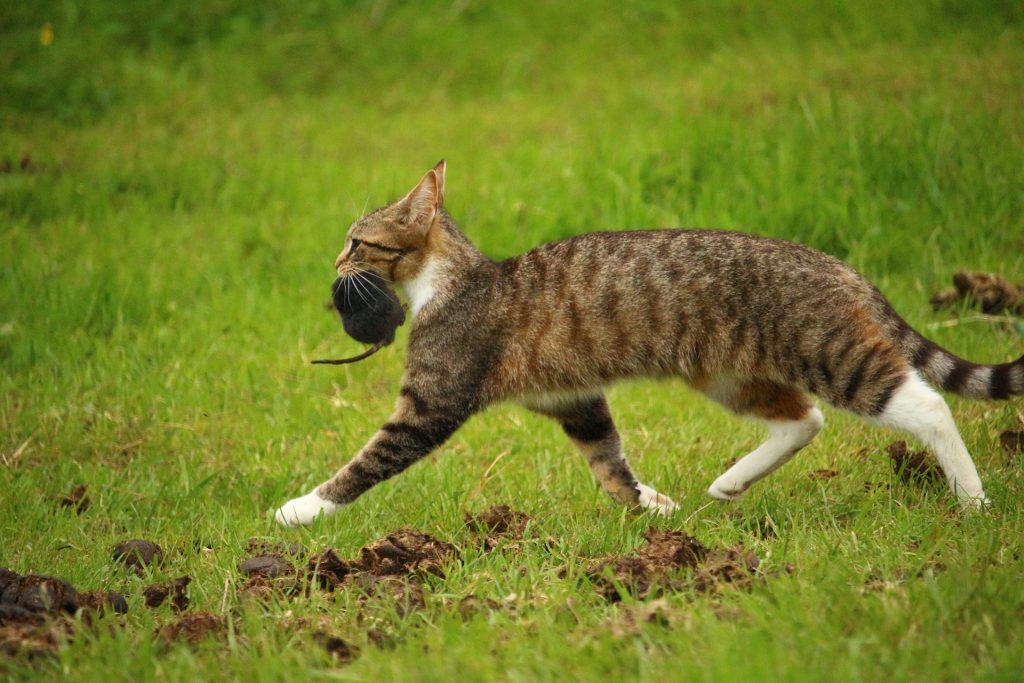
The Curious Cat
These felines have an insatiable curiosity and spend most of their time prowling the house and investigating new scents. They will welcome and investigate any guests, sniffing them from head to toe, and may or may not tolerate any physical contact from the guests.
Cats, especially curious ones, can benefit from puzzle toys like boxes, bags, and mazes. Their confidence sometimes gets them into danger, thus they don’t perform well as outdoor cats
